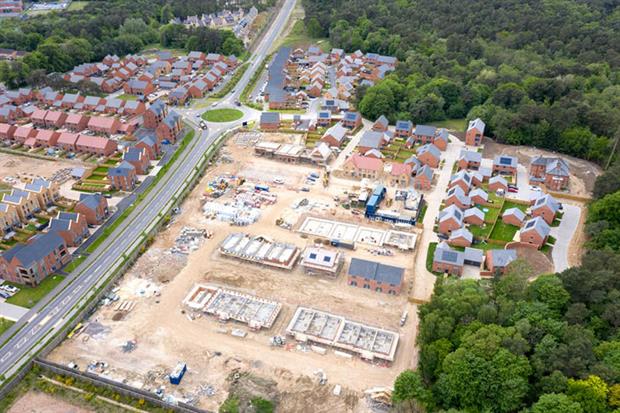
Why was there a need for a test case and what was the purpose?
In some instances, there were doubts over the appropriate interpretation of the insurers wordings which led to uncertainty and disputes, with many policyholders having what they believe to be valid claims rejected by their insurer.
The intention was to try and help resolve some of the legal uncertainties around business interruption (BI) insurance policy coverage and how various BI policies respond to COVID-19 related claims.
For a more detailed history click here to see out previous Blog on the “test case” published in July.
What was the test case intended to achieve?
That for those eight insurers involved in the test case the decision would be legally binding and in addition, that it would provide persuasive guidance for the interpretation of similar policy wordings and claims that could be considered in other court cases, even if on a different wording.
What did the judgment decide?
As was expected the judgement is highly complex and will take time for all parties involved to fully review it. Only eight insurers’ policy wordings were selected for review and the policy wordings were not specific Real Estate wordings.
At Arlington, we have written to the insurers that we trade with and asked them to confirm their position following this judgement, with particular focus on their Denial of Access cover, and, the Actions of Competent Authorities clause.
In the meantime there have been a number of statements and press releases : –
Financial Conduct Authority (FCA)
“The judgment is complex, runs to over 150 pages and deals with many issues.” “Insurers should reflect on the clarity provided here and, irrespective of any possible appeals, consider the steps they can take now to progress claims of the type that the judgment says should be paid. They should also communicate directly and quickly with policyholders who have made claims affected by the judgment to explain next steps.” The FCA’s legal team at Herbert Smith Freehills have published a summary on their website, which may be referred to for further detail. Click here for the full FCA press release.
Also following the judgment from the High Court, the FCA have issued a Dear CEO letter outlining their expectations of insurers following the judgment.
Association of British Insurers (ABI)
“This is a complex judgment spanning 162 pages and 19 policy wordings and it will take a little time for those involved in the court case to understand what it means and consider any appeals. Individual insurers will be analysing the judgment, engaging with the regulator, taking account of the appeal process and keeping their customers informed in the period ahead.” Click here for the full article.
British Insurance Brokers’ Association (BIBA)
“This was a complex situation requiring legal consideration of the many different issues of proximate causation and wording interpretations. It was pleasing that the ruling provided clarification on some key issues….” and they went on to say – “We recognise how important this case is for customers and the insurance industry alike and we will study the judgement in detail over the coming days while waiting to see if any of the parties appeal.” BIBA has been working with the law firm Weightmans and their insight on the judgement can been found here.
What happens now?
It could be said that this is really just the beginning, not the end, of the whole issue for everyone involved, who now have to establish what the decision actually means.
The FCA have already indicated that the parties have discussed the possibility of an expedited appeal, which could move straight to the Supreme Court, and a consequentials hearing (submissions from the parties on the appropriate declarations to be made by the court and on any applications for appeal) is set for the 2nd October to allow permission applications to be heard. What remains to be seen is the extent of any appeal and the issues to be considered in further detail.
Arlington will continue to closely monitor the situation and provide updates as they are released. If in the meantime you wish to discuss this matter please do not hesitate to contact us.


